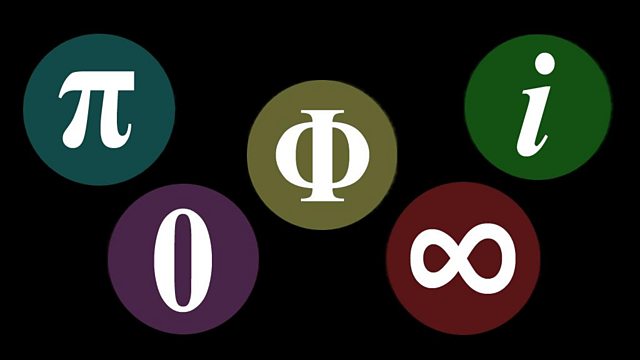Infinity
Within Set Theory, mathematician Georg Cantor defined infinity as the size of the never-ending list of counting numbers.
Given the old maxim about an infinite number of monkeys and typewriters, one can assume that said simian digits will type up the following line from Hamlet an infinite number of times:
'I could confine myself to a nutshell and declare myself king of infinity.'
This quote could almost be an epithet for the mathematician Georg Cantor, one of the fathers of modern mathematics. Born in 1845, Cantor obtained his doctorate from Berlin University at the precocious age of 22. His subsequent appointment to the University of Halle in 1867 led him to the evolution of Set Theory and his involvement with the until-then taboo subject of infinity.
Within Set Theory he defined infinity as the size of the never-ending list of counting numbers (1, 2, 3, 4….). Within this he proved that sub-sets of numbers that should be intuitively smaller (such as even numbers, cubes, primes etc.) had as many members as the counting numbers and as such were of the same infinite size. By pairing off counting and even numbers together, we see that the number of counting and even numbers must be the same:
1 - 2
2 - 4
3 - 6
4 - 8
5 - 10
6 - 12
He then went on to demonstrate the impossibility of pairing off all the real numbers (those including irrational decimals like Pi) with the counting numbers, concluding that one was larger than the other. The result, confusing though it may seem, is that some infinities are bigger than others!
Cantor's work represented a threat to the entrenched complacency of the old school mathematicians. Up until then infinity, to quote mathematician Carl Friedrich Gauss, had been treated as a 'way of speaking and not as a mathematical value'. This stonewalling inevitably brought Cantor into conflict with his less enlightened peers. His most vocal critic was Leopold Kronecker (ironically one of Cantor's past professor) who undertook a personal crusade to discredit his lapsed protΓ©gΓ©. Using his position at the University of Berlin he dedicated himself to rubbishing Cantor's ideas and ruining him personally. His coup de grace was blocking Cantor's lifelong ambition of gaining an appointment at the University of Berlin.
In 1884, consigned to a backwater University and under constant attack from Kronecker, Cantor had his first nervous breakdown. He spent the rest of his life in and out of mental institutions, his serious work at an end. Cantor's later years may have been defined by tragedy but his contribution to modern mathematics is colossal. His one-time collaborator David Hilbert once said of him in tribute 'No one will drive us from the paradise that Cantor has created.'
Last on
More episodes
Previous
Next
Coming soon
Broadcast
- Fri 15 Mar 2002 15:45Βι¶ΉΤΌΕΔ Radio 4
Featured in...
![]()
The Magic Number
A selection of programmes looking at the quirky side of maths


